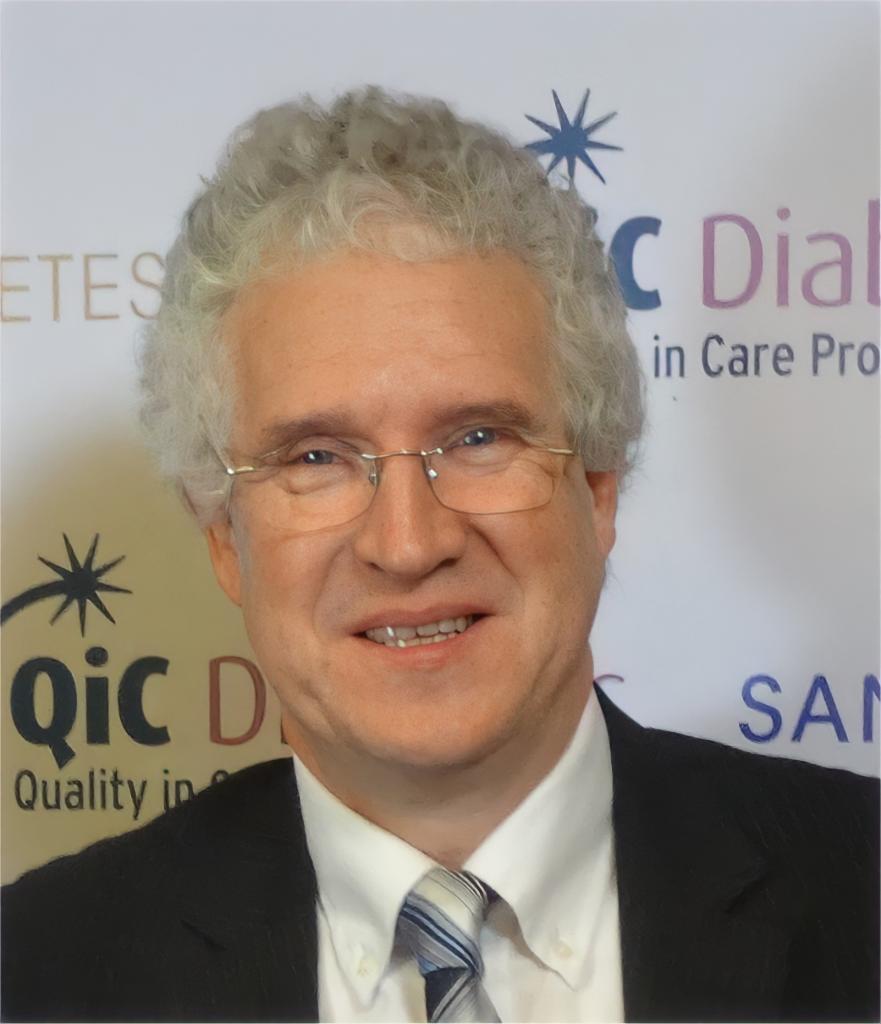At the recent 84th Scientific Sessions of the American Diabetes Association (ADA) in Orlando, Florida, there were four presentations from the ABCD audit programme.
Dr Harshal Deshmukh’s abstract Time Below Range (TBR) and Its Link to Impaired Awareness of Hypoglycemia (IAH) and Severe Hypoglycemia (SH)—Evidence from the Association of British Clinical Diabetologists (ABCD) Study received one of the top scores and he was awarded the ADA’s Young Investigator Award. His presentation can be viewed on the ABCD YouTube channel.
Prof Hugh Jones presented an ePoster and Dr Bob Ryder presented a poster of data from the ABCD testosterone in men with type 2 diabetes audit showing that replacing testosterone in those with deficiency led to progressive reduction in HbA1c over 3 years, alongside significant improvement in quality of life and symptoms of testosterone deficiency.
Dr Tom Crabtree presented an ePoster and Prof Ketan Dhatariya presented a poster from the ABCD semaglutide audit under the title “The Impact of Age on Response to Injectable Semaglutide—Insights from the Association of British Clinical Diabetologists’ Audit Programme”. The analysis concluded that semaglutide is associated with HbA1c reductions across all ages. Weight reductions are also similar despite differences in baseline weight; this may be variably desirable in older individuals where weight maintenance may be preferred to prevent frailty.
Dr Bob Ryder presented an ePoster and a poster from the ABCD EndoBarrier Worldwide Registry. His analysis was of data from 1101 patients from 36 centres in 11 countries. All had been treated with the Duodenal-Jejunal Bypass Liner (DJBL) also known as EndoBarrier® and RESET®. The analysis suggested that the considerable benefits of DJBL on weight, glycaemic control and cardiovascular risk factors outweigh the risks.
